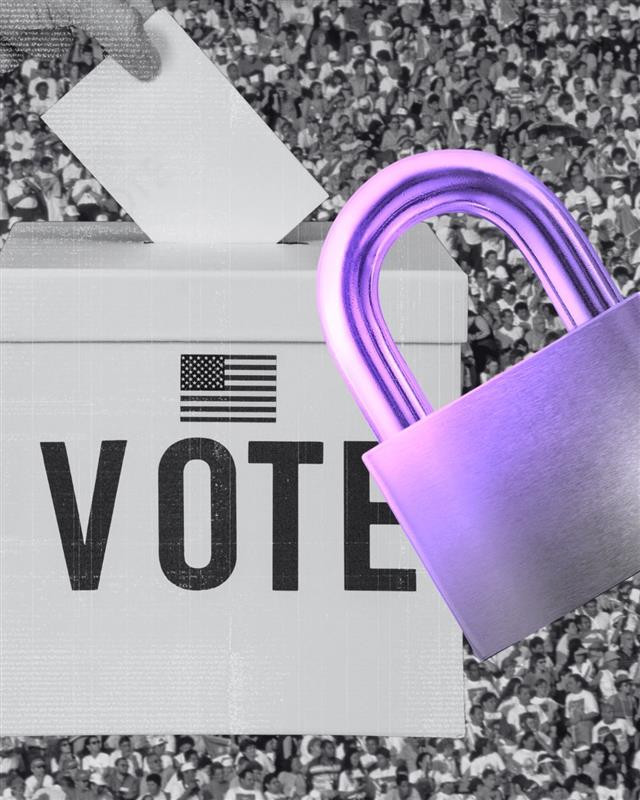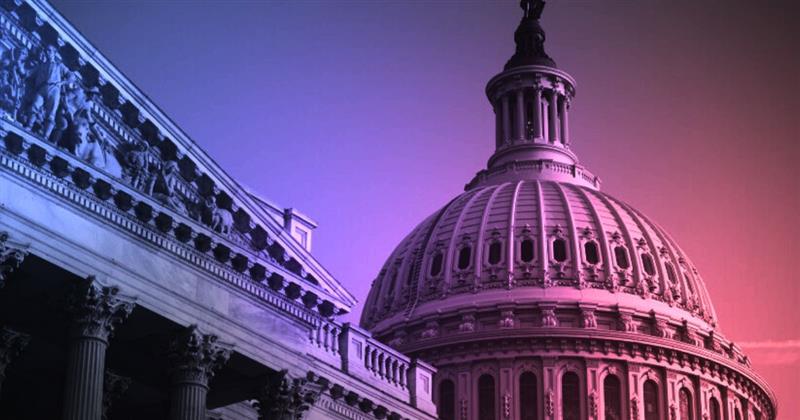Younger voters demand modernization, pragmatism, and real solutions—not partisan gridlock.
The Big Picture
With the 2024 election fast approaching, the primaries have largely failed to address the real concerns of voters—especially younger generations. While urgent issues such as the national debt, Medicare, Social Security, and global conflicts loom large, both Trump and Biden have ruled out necessary reforms and ignored the bipartisan action required to protect younger voters' futures.
Younger voters aren’t waiting for leadership to catch up. Millennials and Gen Z—now the majority of the voting population—are demanding modernized policies that reflect today’s realities.
It’s time for political leaders to recognize that Millennials aren’t kids anymore. They are:
- In their late 30s and 40s
- Raising families and buying homes
- Entering their prime earning years
- Saving for retirement
- Navigating the gig economy and evolving workforce
For Gen Z, economic realities are coming into focus as they enter the workforce, navigate skyrocketing rental markets, and transition off their parents’ health plans.
Affordability, jobs, the economy, and taxes are the top issues for these voters. Just like older generations, they want economic stability—but they also recognize that government must evolve to address today’s challenges.
Zooming In
The GOP’s Missed Opportunity
Affordability and inflation are the top concerns for younger voters—traditionally strong issues for Republicans. Yet, instead of capitalizing on this opportunity, the GOP has alienated younger generations, particularly on social issues.
While many millennial and Gen Z voters lean center-right on economic issues, the GOP’s failure to modernize its positions on climate change, labor rights, and government reform has pushed them away.
A Generational Divide on Social Issues
Many older Republicans still view climate change, LGBTQ+ rights, and social justice as controversial topics. But for younger voters, these are simply realities.
- Climate change denial is a non-starter for Millennials and Gen Z.
- LGBTQ+ rights are broadly accepted—young voters won’t engage in outdated culture wars.
- Fairness and equality of opportunity matter more than partisan ideology.
Bipartisanship Over Partisan Extremes
Contrary to common misconceptions, younger voters aren’t radical leftists. They are moderates and centrists, much like older Republican voters.
- 69% of younger voters want bipartisan action—just 3% more than older Republicans.
- They expect leadership that modernizes government policies—not one that clings to outdated ideas.
Social Security and Medicare: A Reality Check
Younger voters understand the math—and they know that current entitlement programs are unsustainable.
- Nearly 50% of Millennials and Gen Z believe that Medicare and Social Security contributions don’t fully cover costs—driving up the national debt.
- Older generations wrongly believe they’ve made sufficient contributions to sustain the system.
Yet, Trump and Biden have refused to address necessary reforms—a move that ignores the economic future of millennials and Gen Z.

A Pragmatic Approach to Government
Millennials and Gen Z aren’t anti-government, but they expect smarter, more efficient policies:
- GOP Millennials are more open to progressive taxation than older conservatives.
- A higher percentage support a mixed government-private model for Social Security.
- 40% of GOP Millennials support labor unions—compared to just 17% of older GOP voters.
- 43% of young GOP voters favor government action on housing affordability—compared to just 25% of older Republicans.
A New Centrist Movement?
This isn’t about left vs. right—it’s about modernizing government to meet today’s challenges.
Millennials and Gen Z want options:
- They support free-market innovation, but also expect fairness in opportunity.
- They value choice—in education, healthcare, and government programs.
- They prioritize practical solutions over ideological battles.
This is a golden opportunity for centrists and moderate conservatives.
Independent Lens
Younger voters are sending a clear message:
- Outdated culture wars won’t win elections.
- Government must modernize to remain effective.
- Bipartisan problem-solving is the key to success.
Millennials and Gen Z want leadership that focuses on economic realities, modernized government programs, and a balanced approach to social and fiscal policies.
If political leaders fail to adapt, younger voters will look elsewhere—and the political landscape will shift dramatically.
This is not a warning—it’s an opportunity.
Subscribe to our newsletter to stay updated on how independent voters are shaping the future of American politics.


.jpeg)


.jpg)